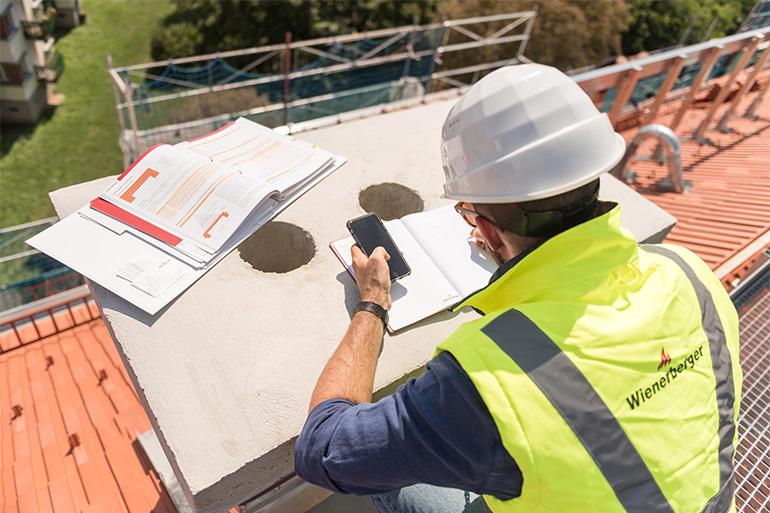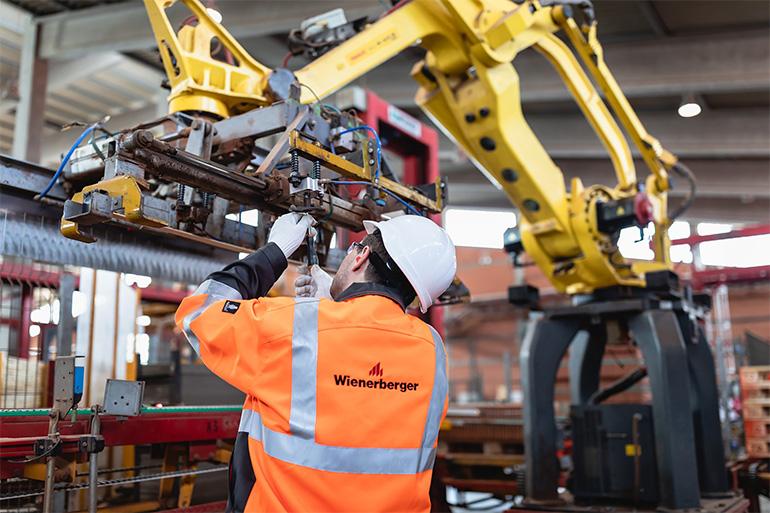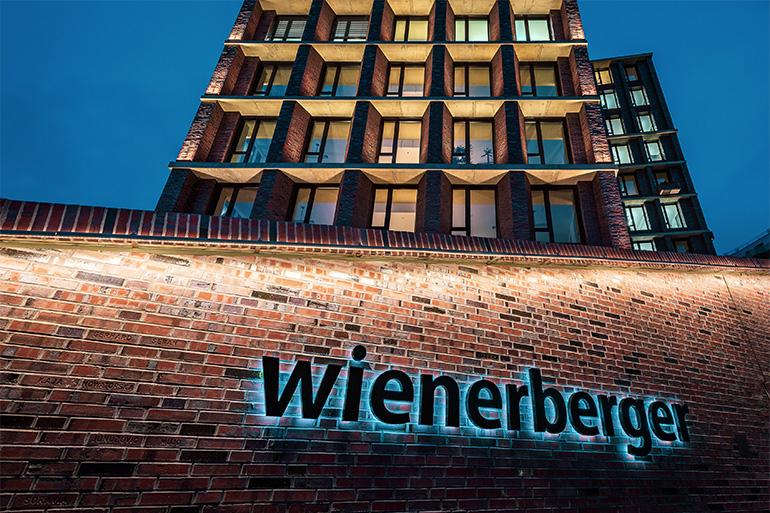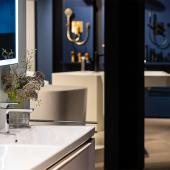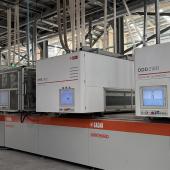Wienerberger ready for future challenges
The Austrian giant has closed the year 2023 with an acceptable decline in the light of the fall in demand across all its major markets.

The 2023 full-year results have confirmed the Wienerberger Group’s resilience, demonstrating the robustness of the Austrian giant in the light of the fall in demand across all its major markets. According to the top management, the decline in consolidated year-end revenue compared to the record-breaking year of 2022 was all in all acceptable at €4.2 billion (-15%). Operating EBITDA amounted to €811 million, 21% down from the previous year’s €1,020 million.
Proactive cost management, improved efficiency and a sustainable and diversified business model were the key factors in achieving satisfactory earnings (€355.1 million). The group is optimistic and ready for future challenges.
“With a clear focus on […] ecological solutions for new build, renovation as well as water and energy management, wienerberger was once again able to successfully maintain its position in the third quarter and is even better prepared for future challenges and opportunities. Focusing on the core environmental topics of decarbonization, the circular economy and biodiversity […] we look to the future with optimism,” said CEO Heimo Scheuch.
Performance in the various geographical areas
External revenue in Western Europe totalled €2.2 billion (-13%), while operating EBITDA came to €378 million, down 11% on 2022 (€426 million). Demand fell in the new build segment due to high interest rates and inflation, especially in Germany, while France, Belgium and the Netherlands still recorded good demand in the first half of the year.
In the infrastructure segment, there were inflation-related declines in public contracts in almost all countries. However, the increased share of the wastewater systems business and profitable growth in the renovation segment had a positive effect on overall performance. With the acquisition of Komproment ApS in the first quarter and the Danish Strøjer Group in the second quarter, Wienerberger further expanded its sustainable range of innovative façade solutions and thus its market share in the Nordic countries. The acquisition of Wideco Sweden, which was also completed in the second quarter, expands energy and water management solutions in Scandinavia. All acquisitions made a favourable contribution to earnings in the second half of the year and will continue to do so into 2024.
The decline in Eastern Europe was more pronounced, with external revenues amounting to €1.1 billion (down 21% on 2022) and operating EBITDA €220 million (2022: €372 million). Although the region saw signs of a decline in inflation and interest rates from the second half of the year onwards, the reduction in the real purchasing power of the public sector and private households had a negative impact on wienerberger’s end markets, with new build being particularly affected. The markets in south-eastern Europe were an exception, as both sales and earnings increased. Demand in the infrastructure sector was stable overall, although it was evident that projects continue to be delayed due to limited budgetary resources in the public sector.
Wienerberger also reported a contraction in North America (-11%), with external revenues of €838 million (2022: €945 million) and operating EBITDA of €213 million (2022: €223 million).
Despite the sluggish market environment, Wienerberger successfully increased market share and operating EBITDA margin from 23.6% in 2022 to 25.5% in 2023 through proactive cost and price management. The long-term demand for residential space remains elevated. Due to the high level of interest rates, demand in 2023 was nevertheless subdued, especially in new build. In the infrastructure segment, the company recorded a significant increase in demand in the second half of 2023.
Investments
In 2023, maintenance investments necessary to keep the group’s operations running amounted to €126.2 million (2022: €134.7 million). Investments aimed at facility expansions, production efficiency enhancements and ESG initiatives (e.g. projects focusing on environmental sustainability, decarbonisation, biodiversity and the circular economy) totalled €145.4 million (2022: €217.9 million).
Sustainability as a strategic focus for business development
After achieving all its 2023 targets, Wienerberger has set even more ambitious goals for 2026. The new three-year sustainability programme extends the range of environmental and social issues with the aim of achieving organic growth, both within internal processes as well as assisting society with products supporting energy efficiency and climate resilience By the end of 2026, Wienerberger will see 75% of its revenue come from the sale of products that support net zero buildings, such as integrated solutions for roofs, outer walls including façades, heating, cooling and solar power generation. These goals include further lowering emissions, reducing the consumption of resources and improving environmentally friendly practices throughout the organisation.
Outlook for 2024
The development of innovative and ecological solutions for renovation, infrastructure and new build will be the main focus of operations throughout 2024.
Wienerberger will also continue to concentrate on proactive cost management and selling price optimisation. Assuming that the market development seen in the fourth quarter of 2023 will continue in 2024 and that the earnings generated by the Terreal deal (officially closed on March 2024) will make a positive contribution, the group expects to report operating EBITDA of around € 860-890 million in 2024.
Did you find this article useful?
Join the CWW community to receive the most important news from the global ceramic industry every two weeks



